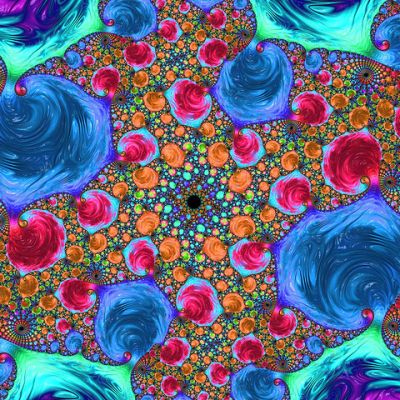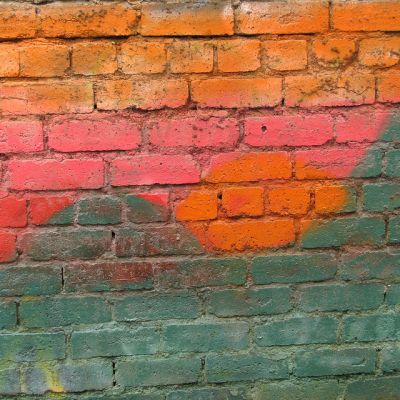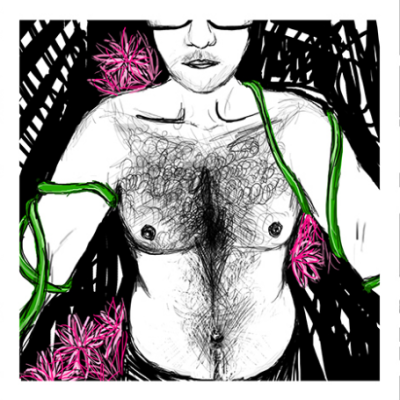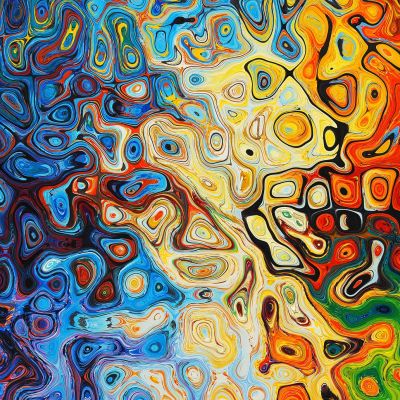Sexuality
The concluding chapter reiterates the aims of the book, i.e., “to start critical conversations within the disciplines of psychology, social work, childhood studies, and family studies in India and to think about exclusions inherent in these disciplines.
In my 27 years of existence, I’ve embodied various personas and roles. Even today, I behave slightly differently in the office, around parents, at a party and when I’m alone in my room. In the mornings I’m often a lawyer, whereas during evenings I become an artist.
The researchers also concluded there was no evidence that children raised by a single parent or same-sex couples were less competent or well-rounded than other children. If anything, studies of single-parent families show these men and women are more flexible in their parenting styles than they are given credit for.
Diversity, I think, can be a deceptive word. On the surface it carries the promise of plurality and multiple possibilities. Yet, it is deployed in ways that simply reinscribe normative two-gender stereotypes and heteronormativity.
For the two-part interview section of this month’s In Plainspeak, Shikha Aleya spoke to a few individuals who continue to push the boundaries of their work, art, and social norms, and expand the understanding of diversity and sexuality.
There is no singular way of being queer or performing queerness. We are all products of converging and diverging histories and our queerness is shaped by forces tangible and intangible in the everyday.
In Pixar’s short film Purl, a pink ball of yarn – a stand-in for anyone who’s ‘different’ – is faced with this dilemma in a workplace context (the analogy would work in other contexts as well).
Feminine energy is supposed to be yin, receptive, gentle, intuitive,and fulfilling. Masculine energy is supposed to be yang, active, fast, fierce, emptying, goal-oriented and focused.
From my experiences, I find that diversity is not an end unto itself. Instead, it is a tool for reflection, a mirror that shows not only who we, and the society we live in, are in the present, but what we aspire to be in the future.
I personally feel that any cause, specially one like kink that is in its nascent stages, needs its own space to grow, to affect enough people, before it merges with the larger cause of queerness, or sexuality, or even humanity.
मैं अपनी यौनिकता को अपनी पहचान का अलग हिस्सा नहीं मानती। मैं अलग व्यक्ति नहीं हूँ क्योंकि मैं एसेक्शुअल हूँ। यह सिर्फ़ आकार देता है कि मैं कौन हूँ, वैसे ही जैसे मेरी राजनीतिक राय या धार्मिक विश्वास मेरे दुनिया के प्रति नज़रिए को आकार देते हैं।
“Every type of body is beautiful, and more importantly every type of body is different,” says artist Veer Mishra while describing Body, his series of illustrations. This ‘difference’ is the essence of what he tries to portray through his art.
In our mid-month issue Shilpa Phadke brings us an interesting mix of ideas woven from narratives of pleasure, danger, and resistance, among others, with regard to the digital streets of online spaces, and explores the conditions of possibility that will allow us to have fun in the online public space that is the Internet…
Therefore, the question of safe spaces and alternative families is pertinent to queer identities, that are so much more than imagined by a single dominant narrative.
निष्कर्ष के रूप में – आनंद और जोखिम के बारे में विचार उन तरीकों के लिए महत्वपूर्ण हैं जिनमें जेंडर और यौनिकता सार्वजनिक और निजी स्थान के बारे में विचारों के साथ अन्तःक्रिया करते हैं। हालाँकि इनमें से कुछ प्रश्न पुराने लगते हैं, सार्वजनिक स्थलों पर प्रतिस्पर्धा के दावों पर सार्वजनिक बहस में नए सिरे से जारी रहते हैं। सार्वजनिक और निजी स्थानों के बारे में विचार उन तरीकों को भी फटकारते हैं जिनमें जाति और वर्ग सम्मान के बारे में विचारों को आकार देते हैं, इस प्रकार कुछ स्थानों को ‘सुरक्षित’ और दूसरों को ‘जोखिम भरे’ के रूप में चिह्नित करते हैं।















